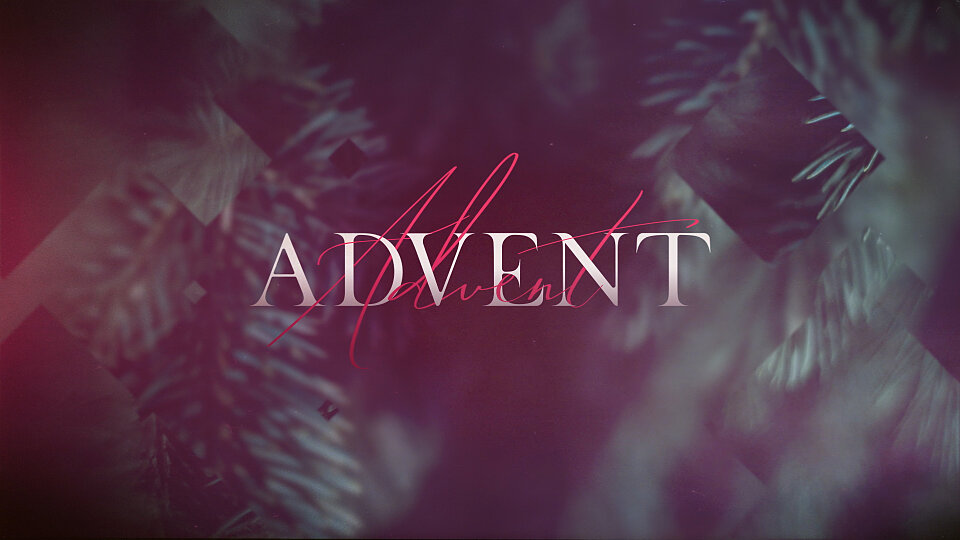What Is Advent?
For those of us who grew up in the Baptist tradition of Christianity, Advent may very well be an unfamiliar concept. Baptists, for the most part, rejected the traditions of the liturgical calendar established by the Catholic Church in the fourth century and followed by both Catholic and mainline protestant denominations today. In an effort to make sure that the rest of the world knew that authority in the Baptist church came from Scripture alone, Baptists tended to push back against anything that came from the hierarchy of the institutional church, especially the papacy.
However, in recent decades, Baptists have found value in some of the traditions of the early church, and Advent is one such tradition. The term Advent comes from the Latin word adventus which means “coming.” It is a period in the church calendar that begins four Sundays before Christmas and ends on Christmas Eve. The early church used this period to teach through the various Scriptures that emphasized the birth of Christ and the return or Second Coming of Christ.
Here at Parkview, we make a big deal out of Advent, not just for the richness of the tradition in church history, but because Christ, the Second Person of the Triune God, stepping out of the glories of heaven and into creation is a big deal. We choose to observe the traditional themes of Advent, hope, peace, joy, and love, because we believe that these themes express well all that Christ intends for us. So, we light candles, promote family Advent readings both in our corporate worship service and at home, sing Christmas-themed songs, and center our messages on the inauguration of a kingdom that is not of this world, a kingdom that is ruled by our Savior and King, Jesus.
The birth of Christ is not less than the nativity scenes found in our houses and on our Christmas cards, but it is so much more. The birth of Christ fulfills what centuries of prophecies had foretold, that a Savior would come to rescue people from their sins. The birth of Christ reveals God incarnate (God in the flesh). Advent reminds us that people walking in darkness have seen a great Light. It reminds us that the anticipation of the first coming of Christ should be matched in intensity by believers as we await the Second Coming of Christ.
Advent is a process. It takes time. It forces us to choose between the busyness of the world and the worship of Jesus. It allows us to anticipate and expect and pray for hope in the midst of hopelessness, peace in the midst of anxiety and stress, joy in the midst of sorrow, and love in the midst of hatred and violence. On Christmas Eve, we will set aside the busyness of our worldly exploits to find joy in that moment that Christ was born. We will celebrate His life, a life dedicated to doing the will of God, and we will reflect on His death, a death that offers us life. We will be reminded of the gospel that has been entrusted to us, a gospel that advances in this world as we allow the light of Christ to shine through us. I hope you will join us.



Add a Comment